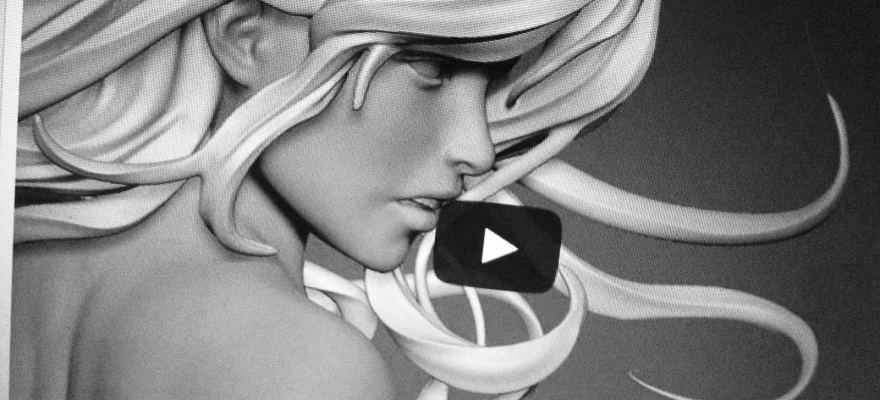Let’s imagine that there are no fashion models. All of our favorite models are doing completely different jobs. Yet we continue to operate in the fashion industry and someone or something needs to present us with new fashion trends. The global fashion industry has become entirely digital. In that scenario, how would fashion shows look and who would the models be? Here are my best guesses.
Holographic fashion show
Holograms have already been employed during fashion shows by Stefan Eckert, Burberry in Shanghai, as well as by LVMH during the latest Parisian show by Raf Simons. Musion is a company that specializes in creating holographic visualizations. Holograms can display recordings of actual people or 3D models. They can also be visualizations – film screenings in real locations, as done by Ralph Lauren in 2010, and repeated during the presentation of his spring/summer 2015 collection. This has been created by MPC Creative for Ralph Lauren Polo.
Fashion model or 3D model?
One step further is to completely forgo the presence of human figures and replace them with 3D models. Since the creation of “The Curious Case of Benjamin Button,” everything is possible for the film production and post-production. Film studio artists are able to digitally create characters that cannot be distinguished from human beings. Why not utilize it in the fashion industry? A collection can be created by a studio modeler, who creates characters in software such as ZBrush. Subsequently, this can be easily used both for holograms, as well as films or visualizations via Oculus.
Everyone is the face of Chanel, with you as the model
What is more, current technology allows for creating a 3D model even from a photograph, which has tremendous potential. For example, it could create your own model that can be dressed in any set of clothes, from any designer. Going forward, this could end the era of catwalks, as every fashion influencer could check whether they like the clothes or not by themselves. Visualization makers would be creating virtual reality – performances in which the participants would be models, actors. This way, the designers could democratize fashion without sacrificing the mythology that accompanies fashion weeks.
Catwalk star or android?
To use robots as models would be to totally demythologize fashion (or, perhaps, the other way around?). Perfect figures would walk on the catwalks wearing clothes by great designers. It is far from impossible – today, Japan is crazy about “living dolls.” It is a bit terrifying, but it has been going on for a few years now.
These situations-ideas are hypothetical only in part, and I believe that some of them will become commonplace sometime in the next 10 years. However, will it lead to the extinction of the modeling industry? I don’t think it will happen that soon.
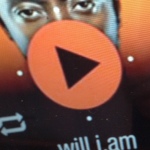
Previous:
will.i.am takes on wearables battle and launches Puls
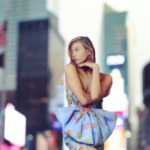
Next:
3D printing: is it really the future of fashion industry?
You may also like
-
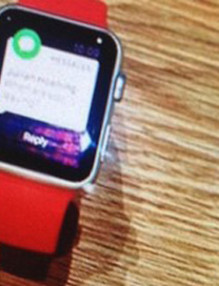 15 Sep
15 SepThe story about New York Fashion Week moving to Cupertino
Fashion technologyApple conference in Cupertino has coincided in time with the fashion week ongoing in New ...
-
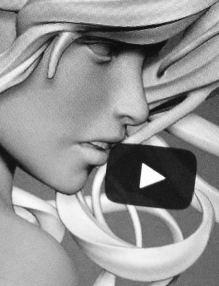 08 Nov
08 NovLet’s imagine that the profession of fashion models has gone away
Fashion technologyLet’s imagine that there are no fashion models. All of our favorite models are doing ...
-
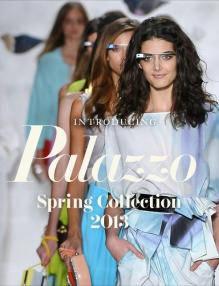 12 Sep
12 SepDiane von Furstenberg tests Google Glass
Fashion technologyMany people claim that Google Glass, which are the reality-augmenting and video-capturing facial hardware, are a creepy invention. Thus ...
-
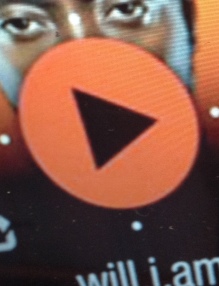 16 Oct
16 Octwill.i.am takes on wearables battle and launches Puls
Fashion technologyWill.I.Am connects his amazing fashion taste with technology and creates a wearable called Puls. “Cuff with ...

